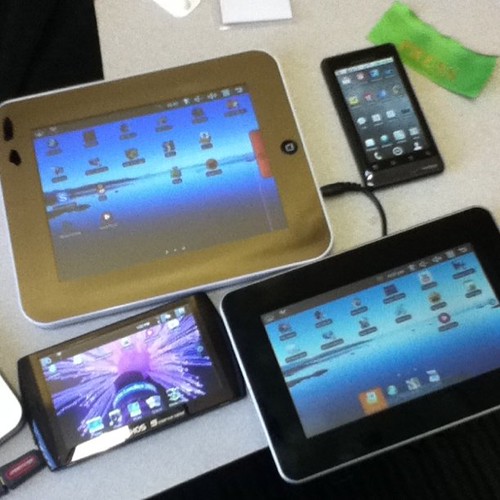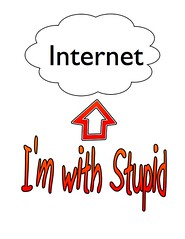Brilliant web essayist Maciej Cegłowski of Two Steaks and Pinboard fame has focused his considerable insight on the area of web standards I've been involved with for the past few years. You should go and read his The Social Graph is Neither now.
Maciej is spot on in his criticisms:
This obsession with modeling has led us into a social version of the Uncanny Valley, that weird phenomenon from computer graphics where the more faithfully you try to represent something human, the creepier it becomes. As the model becomes more expressive, we really start to notice the places where it fails.
Personally, I think finding an adequate data model for the totality of interpersonal connections is an AI-hard problem. But even if you disagree, it's clear that a plain old graph is not going to cut it.
Clearly you can't model human relationships exactly in software. Keeping track of a few hundred of them in all their nuanced subtlety is why our brains are so huge compared to other animals. As Douglas Adams put it:
Of course you can’t ‘trust’ what people tell you on the web anymore than you can ‘trust’ what people tell you on megaphones, postcards or in restaurants. Working out the social politics of who you can trust and why is, quite literally, what a very large part of our brain has evolved to do.
It is an act of hubris to attempt to represent such vital things as human relationships in a database, and those who have done so often do resemble Maciej's Mormon bartender - Orkut Büyükkökten, Mark Zuckerberg and Jonathan Abrams do seem to have made what danah boyd has called Autistic Social Software.
The thing is, people seem to find these attempts helpful. As Maciej points out, we're good at forming subcultures and relationships even around the most primitive of tools. He pokes fun at opensocial.Enum.Drinker.HEAVILY, but when we were compiling the OpenSocial Person fields, we found a high degree of convergence between the 20 or so social network sites we reviewed. Despite their crudity, the billions of people using these sites do find something of interest in them.
People choose to model different relationships on different sites and applications, but being able to avoid re-entering them anew each time by importing some or all from another source makes this easier. The Social Graph API may return results that are a little frayed or out of date, but humans can cope with that and smart social sites will let them edit the lists and selectively connect the new account to the web. Having a common data representation doesn't mean that all data is revealed to all who ask; we have OAuth to reveal different subsets to different apps, if need be.
The real value comes from combining these imperfect, scrappy computerized representations of relationships with the rich, nuanced understandings we have stored away in our cerebella. With the face of your friend, acquaintance or crush next to what they are saying, your brain is instantly engaged and can decide whether they are joking, flirting or just being a grumpy poet again, and choose whether to signal that you have seen it or not.
As danah says:
While we want perfect reliability for our own needs, we also want there to be failures in the system so that we can blame technology when we don’t want to admit to our own weaknesses. In other words, we want plausible deniability. We want to be able to blame our spam filters when we failed to respond to an email that someone sent that we didn’t feel like answering. We want to blame cell phone reception when we’ve had enough of a conversation and “accidentally” hang up. The more reliable technology gets, the more we have to find new ways for blaming the technology so that we don’t have to do the socially rude thing.
So here's to approximate, incomplete social web standards.





